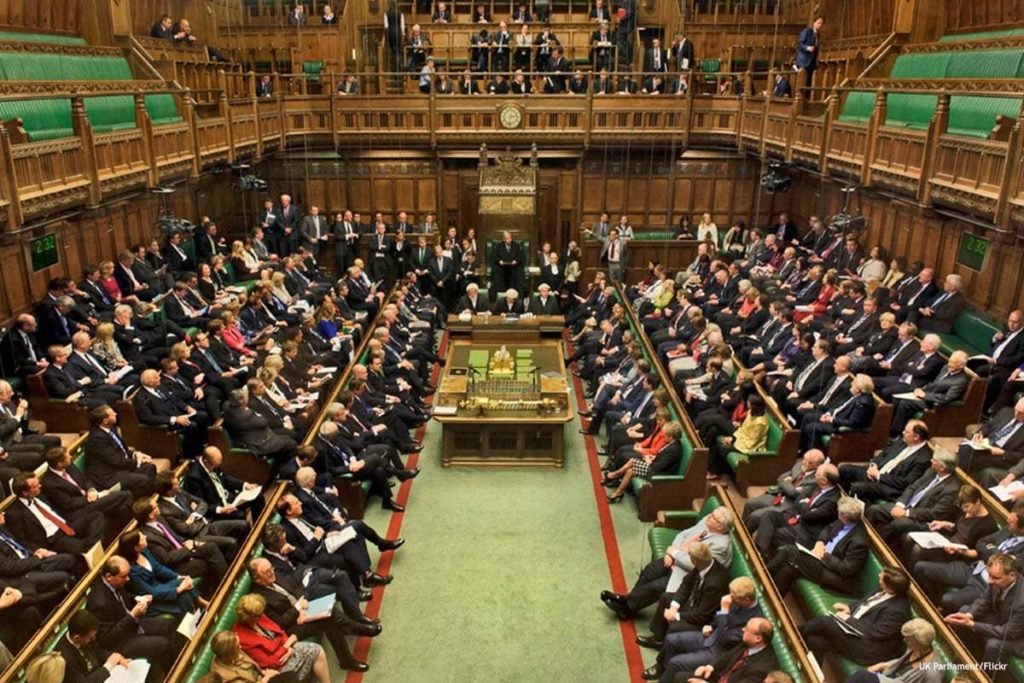MEPPA

What is MEPPA or the Lowey Fund?
In December 2020, over a decade of ALLMEP advocacy led to the passage into law of the Nita M. Lowey Middle East Partnership for Peace Act (MEPPA). This new fund will deliver $250 million over at least five years to projects that support peacebuilding and Palestinian economic development and partnerships. It represents the largest investment ever in the region’s peacebuilders. The legislation grew out of ALLMEP’s 12-year campaign to establish an International Fund for Israeli-Palestinian Peace, which continues to gain momentum among other governments interested in leveraging this game-changing U.S. investment.
Until now, most strategies toward peace have focused on diplomats negotiating a final solution and failed to engage with peacebuilders working on the conflict at a people-to-people level every day. The Lowey Fund recognizes that sustainable and lasting peace must be built from the ground up to create a broad base of support. The fund is being administered through two different U.S. agencies: USAID for people-to-people programs and the U.S. International Development Finance Corporation (DFC) for economic projects.
ALLMEP will continue to advocate for this fund and its implementation over the next five years. It is important to clarify: ALLMEP has absolutely no role whatsoever in the evaluation of concept papers or applications, nor in the allocation of MEPPA funding. Additionally, ALLMEP does not offer recommendations to USAID or any US government body for any organization to receive funding.
MEPPA Year #1
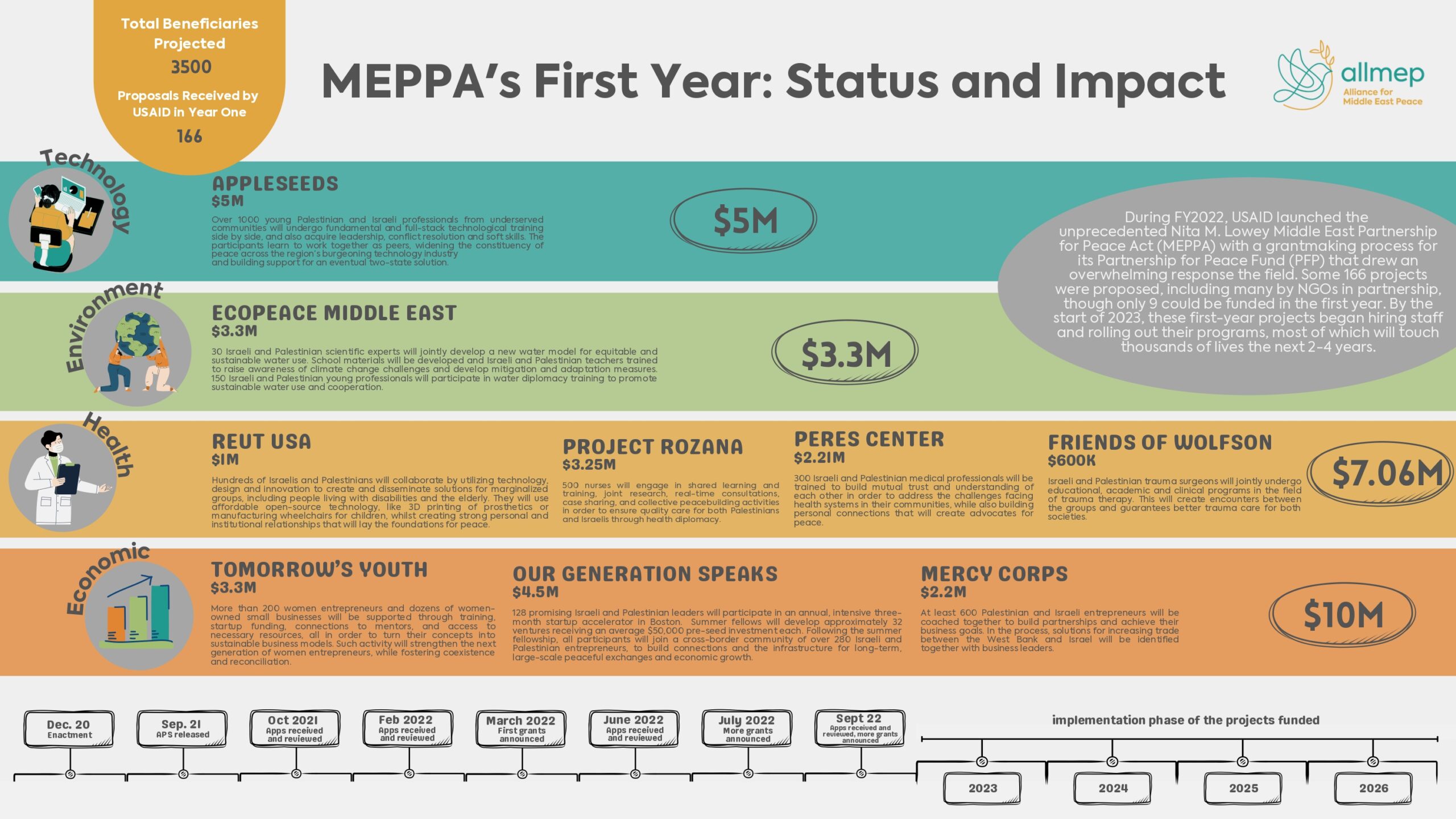
MEPPA Year #2
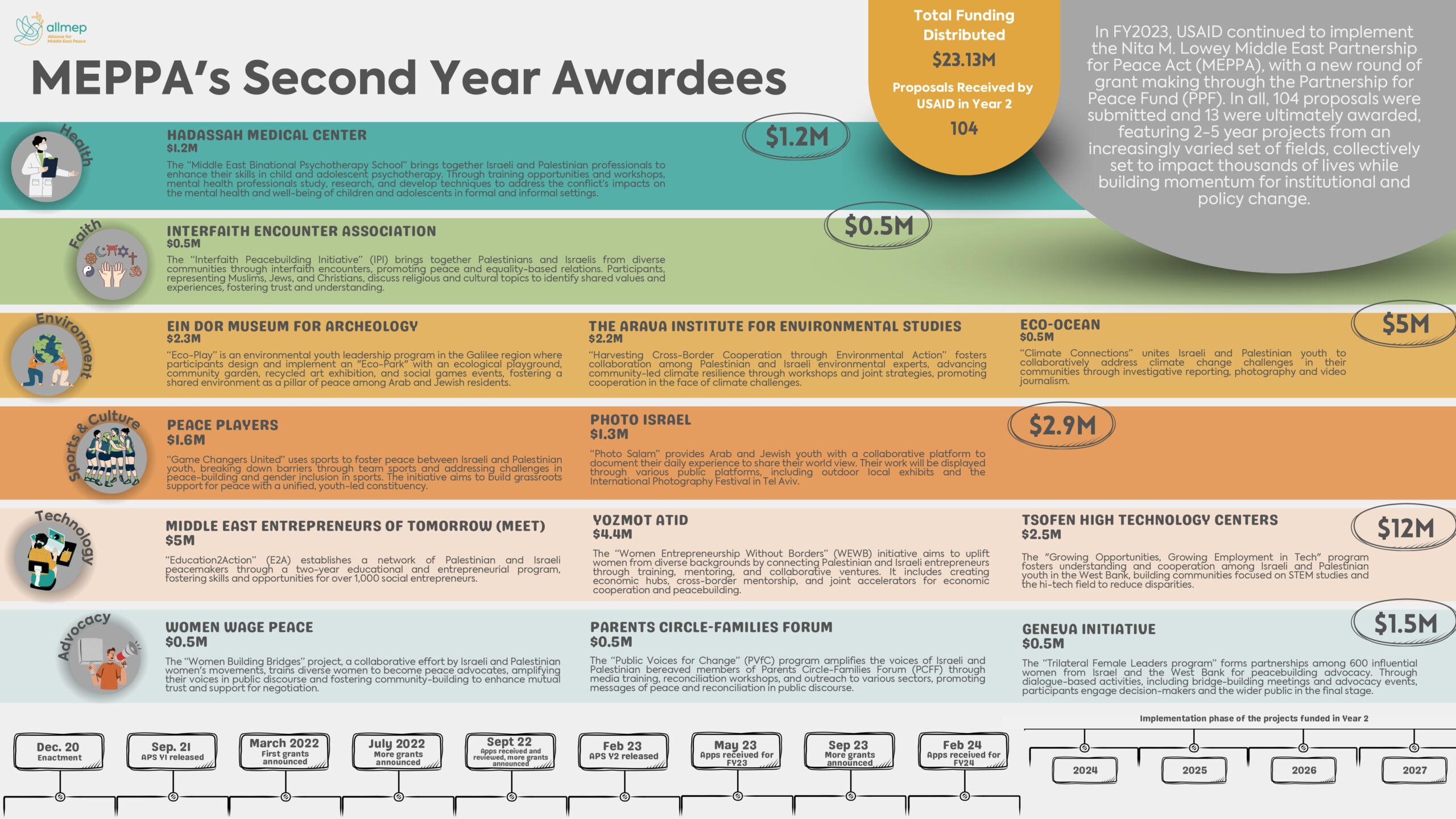
How does MEPPA work?
USAID’s program under MEPPA is called the People-to-People Partnership for Peace Fund. The Fund launched with an initial call for proposals (Annual Program Statement, or APS) with $15 million, which is the largest single investment in Israeli-Palestinian people-to-people work in history. USAID says that it aims to “foster a grassroots effort to affect policy change” while “strengthening engagement between Palestinians and Israelis.” The initial USAID call envisions an expanded definition of people-to-people peacebuilding, both within and between each society, with a goal of advancing “a just resolution to the conflict.”
ALLMEP is working closely with its members to help them prepare to scale up, including through trainings, capacity-building programs, and project development workshops.
For the more explicitly economic side of MEPPA, the DFC will manage a program called the Joint Investment for Peace Initiative (JIP) focused on “small and medium-sized enterprises owned by Palestinians,” especially in technology, agriculture, and other “high value-added or emerging industries.” Unlike other economic aid, JIP has a clear goal of increasing partnerships and ties between Israelis and Palestinians, helping them build trust and develop a mutual vested interest in each other’s success.
ALLMEP will continue to advocate for this fund and its implementation over the next five years. It is important to clarify: ALLMEP has absolutely no role whatsoever in the evaluation of concept papers or applications, nor in the allocation of MEPPA funding. Additionally, ALLMEP does not offer recommendations to USAID or any US government body for any organization to receive funding. We do work with USAID providing insights from the field on our assessment of the needs, challenges, and gaps facing practitioners.
How Can Private Philanthropy Get Involved?
While primarily a government funding initiative, there are many ways that private philanthropy can support the peacebuilding field and help prepare their grantees for this unprecedented stream of funding, leveraging its impact. Private philanthropic actors who care about shared society and crossborder peacebuilding should consider revising their strategies and priorities – and helping grantees do the same – to take account of the single-biggest funding development that the field has ever seen. ALLMEP has put together a resource for private philanthropy that aims to identify some of those opportunities, with ideas on how private philanthropy can harness MEPPA and the current political moment to achieve a return on investment with the potential to create lasting societal, institutional, and policy change.
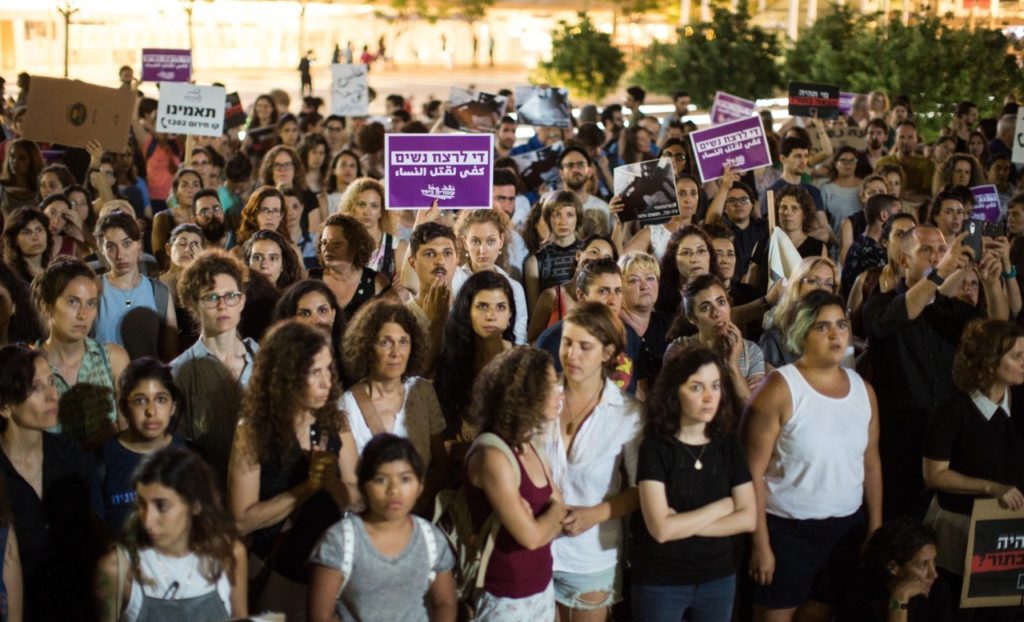
Press around the Lowey Fund
ALLMEP is incredibly fortunate to have had extensive coverage of the Lowey Fund in the media, and anticipates continued coverage as funds are being rolled out.
Building Toward An International Fund for Israeli-Palestinian Peace
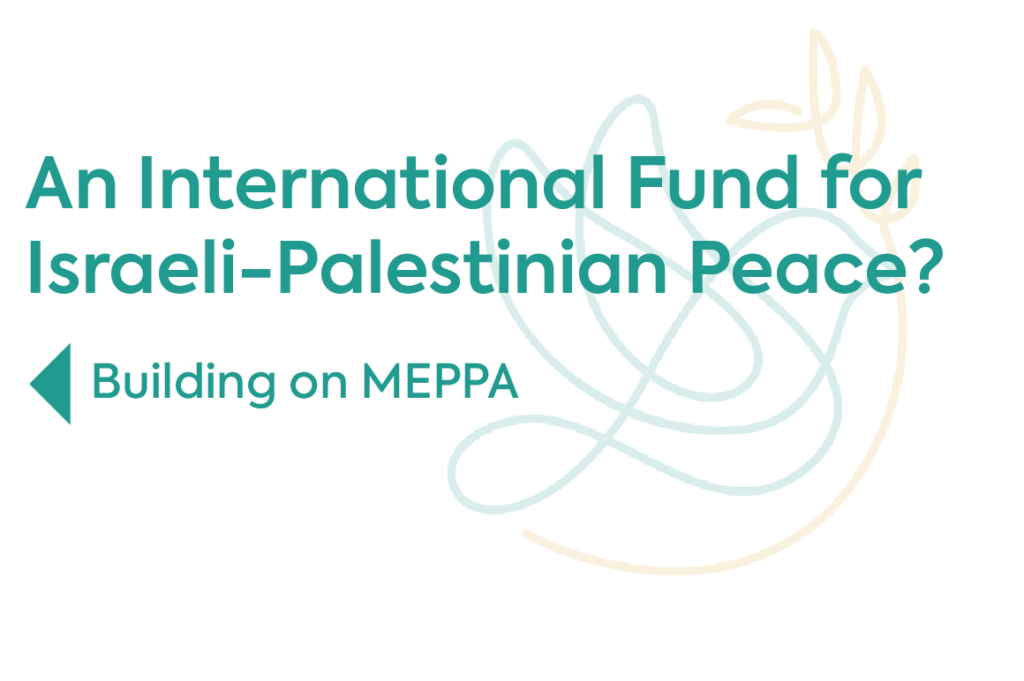
An International Fund for Israeli-Palestinian Peace
In the years of International Fund advocacy, and since MEPPA’s passage into law, ALLMEP has seen an overwhelming amount of support from organizations, politicians, media, and other relevant stakeholders.
